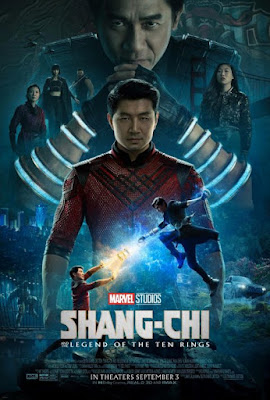You know this film must be propaganda, when it is the third installment of the so-called “China Victory Trilogy,” especially when the first two films magically transformed disasters into “victories.” In Chinese Doctors, the doctors of Wuhan bravely battle the spread of Covid-19, whereas in reality, the authorities did their best to cover it up. Then came The Battle of Lake Changsin, rewriting the history of the Battle of Chosin Reservoir, in which 120,000 PLA troops surrounded 30,000 UN Forces, who managed to slip through their encirclement to fight another day. At least the Japanese really did lose WWII, but it is highly debatable how much Mao’s Communists contributed to their defeat. Of course, that is not how director-screenwriter Cheng Er tells it in The Hidden Blade, which opens today in New York.
The Japanese think Mr. He is the director of their Shanghai counter-intelligence operation, but he is actually a double agent truly loyal to the Communist Party’s Special Branch. One of his duties is eliminating traitors like Liang, whom he meets with in the prologue. Eventually, the film will catch back up to this scene, as it flashes backwards and forwards. It almost seems like Cheng deliberately fractured his narrative to obscure the film’s didactic implications.
Regardless, it seems only Mr. He’s chief enforcer, Mr. Ye ever starts to wonder about him, even though his behavior is highly suspicious. Mr. He certainly has his Japanese military boss Watanabe fooled. The stakes are certainly high for him, since He’s lover, Ms. Chen is active Communist agent.
Frankly, if it were not for Cheng’s narrative gamesmanship and obfuscations, the story here would be pretty straight forward. Naturally, it still slavishly follows the Party Line. Cheng is much more successful as a visual stylist than a burnisher of national myths, because the film has a strikingly noir look. It makes you think Shanghai during the war couldn’t have been so bad, judging from all the late night cafes that were operating.

















